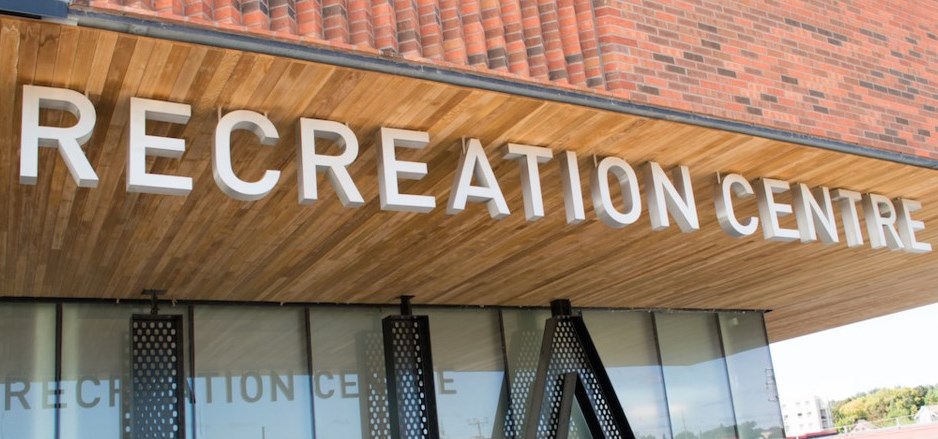Spending time at the Orillia Recreation Centre may soon be easier — and cheaper — for low-income residents.
At Monday’s council meeting, city politicians voted in favour of a two-year financial assistance pilot, slated to begin in January 2024, which will offer both monthly passes and day passes to low-income residents at discounted rates.
The program will require $5,500 in funding for its first year, and $5,000 for the second, with funding subject to approval through the 2024 budget deliberations.
If approved during budget talks, up to 100 residents will qualify for subsidized monthly passes each year. In addition, $5,000 in funding will be available to social service agencies for subsidized all-access day passes.
“There are two distinct aspects to this program. The first is recreation financial assistance for individuals and families, (and) the second aspect of the financial assistance program is geared towards social service agencies,” said Marcia Russell, the city's manager of recreation services.
“The proposed $5,000 would provide a mechanism for those social service agencies to gain access to greatly reduced all-access day passes for their clients,” Russell said. “It should be noted that these are not free and there is still a required investment from the organization, although quite minimal.”
As proposed, a qualified applicant would pay $15 for a monthly pass, with children, students, and seniors paying $7.50 per month – a subsidy of approximately 70 per cent.
Daily passes would be available to residents for free, after getting purchased by social service providers at a rate of $2 per pass, with the city subsidizing $4.63 per pass.
According to a city staff report, approximately 1,450 residents meet the threshold for consideration, as determined by Statistics Canada's 2021 census data.
Council supported the program, but councillors Jay Fallis and Luke Leatherdale said they hoped to see it expanded to include more residents, proposing the cap of 100 monthly passes per year be lifted.
“I just want to see the majority of Orillians enjoy the (Orillia Recreation Centre),” Leatherdale said. “It's such a beautiful building, and I want them to enjoy it regardless of socioeconomic status.”
City staff, however, pointed out the recreation centre operates at or near capacity.
“It is very important to understand that the Orillia Recreation Centre is considered one of the busiest recreation centres in Simcoe Muskoka, with well over 2,000 active members. Regularly, the (facility) meets capacity levels in different areas of the building,” Russell said.
“Staff are recommending 100 at this time in order to ensure that we can manage everyone appropriately who is coming and going in the facility," she explained.
“I think though there might be situations where people get turned away, but there might also be situations where people get to benefit from the service, so that would be my logic,” responded Fallis.
Amanpreet Sidhu, general manager of corporate services/city solicitor, added that the current plan will see Orillia outperform some of its neighbours.
“When we looked at other municipalities, for example, we looked at the City of Barrie – (they) have a population of about five times the size of Orillia and their program is 400, so we are already 20 per cent over that,” he said.
Sidhu also said it is important to balance the operational impacts on the recreation centre, and to keep the taxpayer in mind, noting council will have sufficient data at a later date to make any needed alterations to the program.
“Staff will be able to come back to council (with) the learnings of what has occurred, and … council would be able to make a decision which has the right amount of data attached to it, and it will make sense for all residents of Orillia,” he said.
Ultimately, council voted in favour of providing 100 monthly passes.
“I fully appreciate Coun. Fallis’s efforts to be inclusive, but I think that – given that this is a pilot project, given staff concerns about capacity, given that there is a budgetary impact – I don't think we should increase from the 100 residents,” said Coun. Janet-Lynne Durnford.
“I think having that 100 resident cap will give us an idea of how many people are trying to access the service. If we run a two-year pilot, and find that we're capping out at the 100 people each year and there's more demand, then we look at it then.”
Decisions made Monday are subject to ratification at the next meeting of council, June 5.
